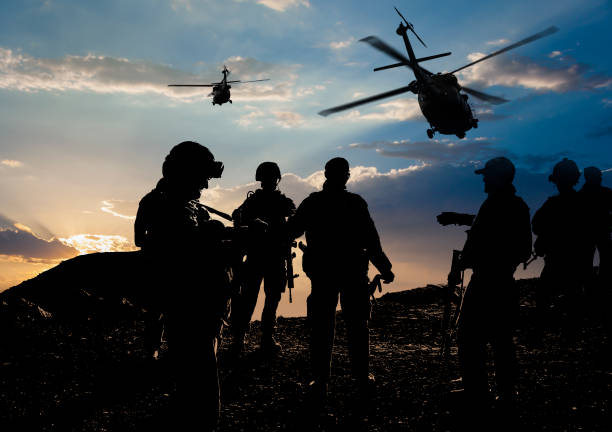|

There should be a far more serious effort to examine the history of the war and the lessons the U.S. and its allies should learn. This effort should examine the full range of civil lessons as well as the military lessons that emerged from the entire history of the war – and not simply focus on its end. It should address the fact that the losses in the war were driven as much by failures in nation building and the civil sectors as from the failures in combat. It should acknowledge that the Afghan War – like Vietnam and the two sequential wars the U.S. fought after 2003 in Iraq – were counterinsurgency campaigns and not wars against international terrorism.
And, it should consider the war’s costs, and whether its strategic cost at any given point was worth prolonging it – and the lack of effective strategic triage that took two decades to cause the full U.S. withdrawal from the fighting.
This analysis explores these issues in depth, and it attempts to highlight the issues that must be addressed to learn the full range of lessons from the war. It is a thought piece, deliberately controversial, and written with the full understanding that many key aspects of the war remain classified or have not been addressed in open source reporting. It is also written with the understanding that “war fatigue” has set in at every level in the United States. At the same time, it does not take much vision to see how many troubled states – and fragile or failed governments – will shape America’s strategic interests in the near future, and that much of the competition with China, Russia, and regional threats like Iran will occur in gray area conflicts and power struggles that are all too similar to the problems the U.S. has faced in Afghanistan.
It concludes by raising a different issue that may in many ways be more important than learning the lessons of the war. If one examines the cost of the war and the lack of any clear or consistent strategic rationale for continuing it, then it is far from clear that the U.S. should ever have committed the resources to the conflict that it did or that it had the grand strategic priority to justify two decades of conflict.
The key issue is not why the war was lost, it is whether letting it escalate and prolonging it was worth its cost. The examination of the civil and military challenges as well as the mistakes is the central focus of this analysis and, to some extent, a warning that the United States needs a far more realistic approach to “strategic triage.” Like the Iraq War, the U.S. needs to be far more careful in deciding if a conflict is worth fighting, escalating, and continuing.
Повний текст доповіді за адресою:
https://csis-website-prod.s3.amazonaws.com/s3fs-public/publication/210719_Cordesman_Learning_War.pdf?wtdfMLGnQFrj7m3gykTuAWz4ox5Lr.Xa
|



